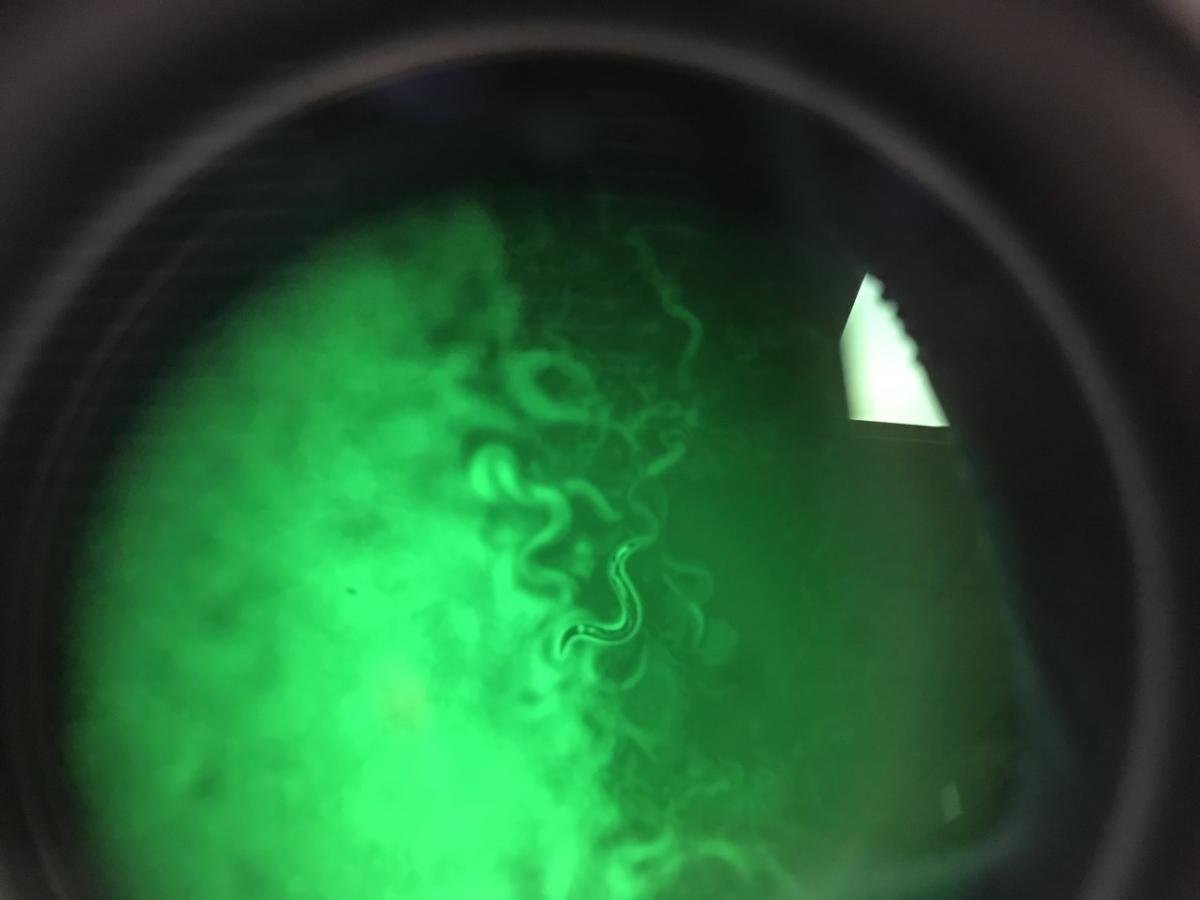
After 10 years of teaching and research in Oxford University’s Biology department, Dr. Kayla King has moved back to British Columbia to join the UBC Vancouver Department of Microbiology and Immunology and the Department of Zoology as a Professor.
King is originally from Nanaimo and received her undergraduate degree in Biology from UBC.
“After 17 years abroad, I am excited to bring my science home,” she shares. “The UBC research environment is remarkable for its depth and breadth in areas of critical importance to addressing major consequences of global change – from extreme climates to biodiversity loss through to the increased spread of infectious diseases. I am looking forward to working with brilliant colleagues here to get ahead of future pandemics by developing new ways to study, predict, and mitigate against pathogen evolution.”
At the King lab, their main research focus is on evolutionary and ecological interactions between animal hosts and microbial pathogens.

Pathogen evolution can be rapid – as shown by the SARS-CoV-2 pandemic – with major implications for pathogens to spread, cause harm, and establish in new host species. Because of the damage they cause, pathogens can impose strong selection on hosts to resist or cope with infection. Using a diversity of lab and wild host-pathogen systems, the King lab seeks to understand what causes the evolution of traits, such as resistance and virulence, as well as track evolutionary change at the genomic level.
King says that global climate change and increasing human activity also have a major impact on host-pathogen interactions. She shares that future work in her lab will investigate the evolutionary and ecological dynamics of infection in an increasingly human-altered world. The King lab uses a combination of ‘experimental evolution’ in host-pathogen systems, state-of-the-art genomics, comparative analyses, and hypothesis-driven pathogen surveillance in wild animals, all to expand their understanding of endemic and emerging pathogen evolution. Going forward, she plans to also use these approaches to test the impacts of extreme heating and biodiversity loss on host susceptibility and disease severity across animal species.
Proud to have led diverse and international research teams to create impactful science, the King lab’s hard work has also led her to receive prestigious honours from across the world. Research awards have been presented by Canada (Canadian Society of Zoologists R.A. Wardle Medal), the USA (American Society of Naturalists Early Career Investigator Prize), and finally the UK (Zoological Society of London Scientific Medal, Linnean Society of London Bicentenary Medal, and the Philip Leverhulme Trust Prize) where she has built her research programme until now.
“It is a privilege to be able to learn and teach others about the fascinating evolutionary biology of pathogens and parasites,” says King. “I also can’t wait to start having our lab meetings at the beach!”

